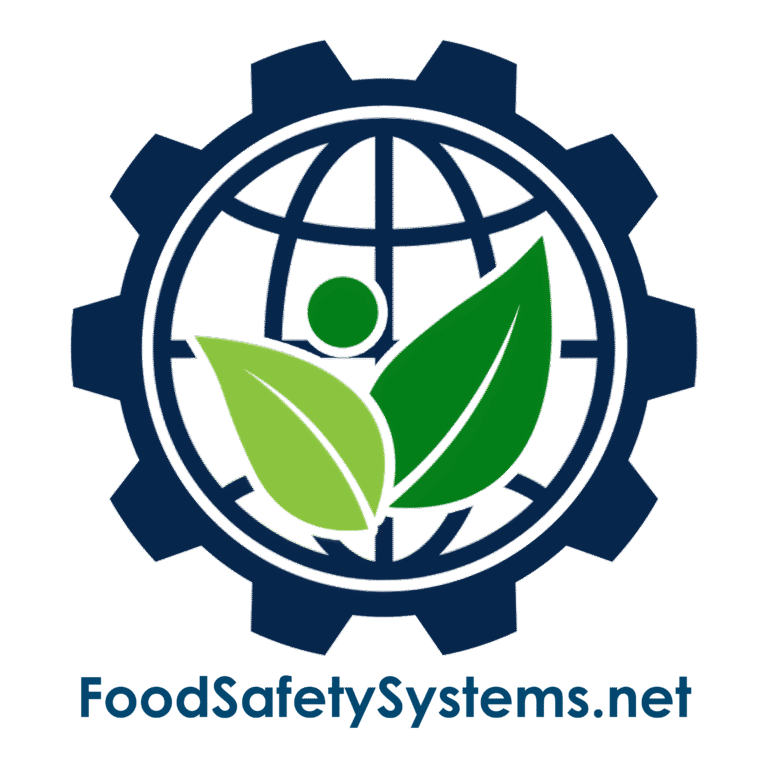BRCGS Ethical Trade & Responsible Sourcing System Requirements

Guidance Aligned with BRCGS Global Standard for Ethical Trade & Responsible Sourcing
Published by Food Safety Systems | A Service by Consultare Inc. Group – A Compliance Company
Organizations across global supply chains must demonstrate ethical business practices, respect for human rights, and responsible sourcing to meet retailer expectations and regulatory requirements. Implementing a robust ethical trade management system is essential for protecting workers, maintaining brand integrity, and ensuring sustainable operations.
This guide provides a practical checklist inspired by the BRCGS Ethical Trade Standard, designed to help organizations prepare for certification or enhance existing social compliance programs.
BRCGS Ethical Trade Compliance Checklist
1. Leadership Commitment & Ethical Culture
✓ Establish and communicate a clear ethical trade policy endorsed by senior management
✓ Appoint a responsible person/team for ethical trade implementation
✓ Conduct annual management reviews of ethical performance
2. Document Control & Record Keeping
✓ Maintain documented procedures for all ethical trade processes
✓ Store worker interviews and audit reports confidentially
✓ Retain records for minimum 2 years
3. Worker Rights & Fair Treatment
✓ Prohibit forced, bonded or child labor (ILO Conventions)
✓ Ensure freedom of association and collective bargaining rights
✓ Implement grievance mechanisms with anonymous reporting
4. Working Conditions
✓ Verify compliance with national working hour laws
✓ Pay living wages meeting legal minimums
✓ Provide safe housing (where applicable)
5. Health & Safety
✓ Conduct regular risk assessments of working environments
✓ Provide PPE and safety training
✓ Maintain first aid facilities
6. Responsible Sourcing Practices
✓ Map supply chains to raw material level
✓ Conduct risk assessments for high-risk materials/regions
✓ Implement supplier improvement programs
7. Supplier Approval & Monitoring
✓ Develop ethical trade clauses for supplier contracts
✓ Conduct announced and unannounced supplier audits
✓ Verify SMETA/SEDEX or equivalent certifications
8. Training & Awareness
✓ Train management on modern slavery risks
✓ Educate workers on their rights
✓ Conduct supplier capacity building
9. Non-Conformity & Corrective Actions
✓ Establish procedures for addressing violations
✓ Implement root cause analysis for systemic issues
✓ Track corrective action effectiveness
10. Continuous Improvement
✓ Benchmark against industry best practices
✓ Publish annual progress reports
✓ Engage stakeholders in improvement initiatives
Support for BRCGS Ethical Trade Certification
We provide tailored solutions to help organizations implement ethical trade programs:
Documentation Tools
• Ethical trade policy templates
• Supplier audit checklists
• Worker interview questionnaires
Implementation Support
• Supply chain mapping services
• Mock audit preparation
• Corrective action planning
Training Resources
• Modern slavery awareness training
• Ethical auditing techniques
• Management system implementation
Ready for Ethical Trade Certification?
Let us help you build a system that’s efficient, auditable, and globally aligned.
Book Your Free Consultation Today
Request a Sample Toolkit
Get a Custom Proposal for Your Operation
Reference Note
This content aligns with the BRCGS Global Standard for Ethical Trade & Responsible Sourcing. For full certification requirements, visit www.brcgs.com.
Disclaimer
Food Safety Systems is an independent provider and not affiliated with BRCGS. This document does not constitute legal advice.
Privacy Policy | Terms of Service
Powered by Consultare Inc. Group, A Compliance Company







